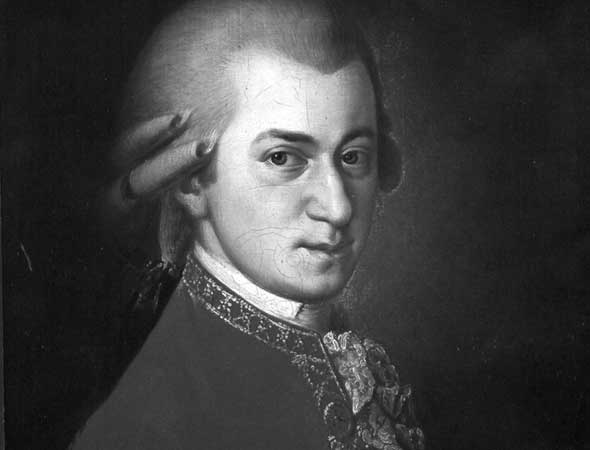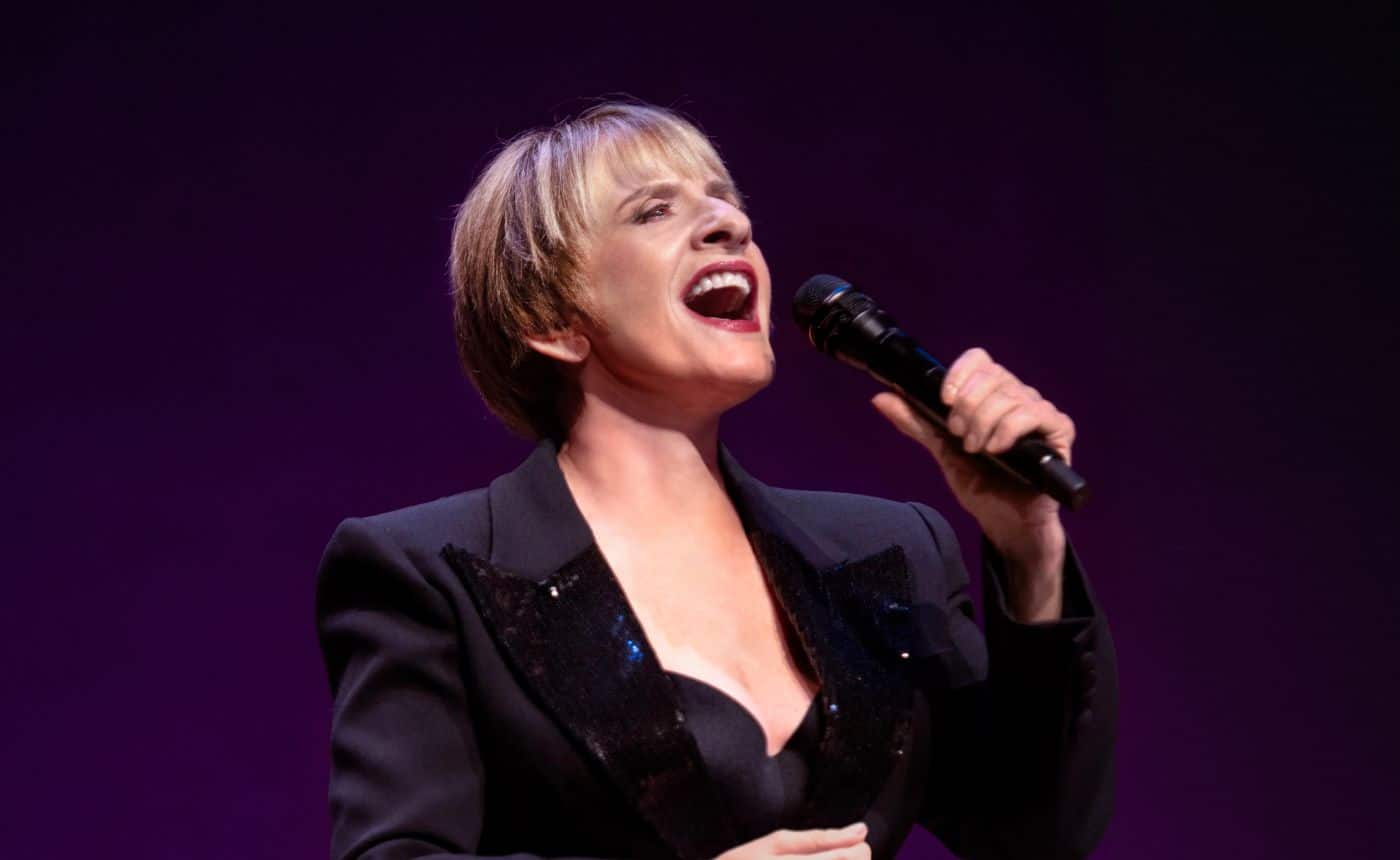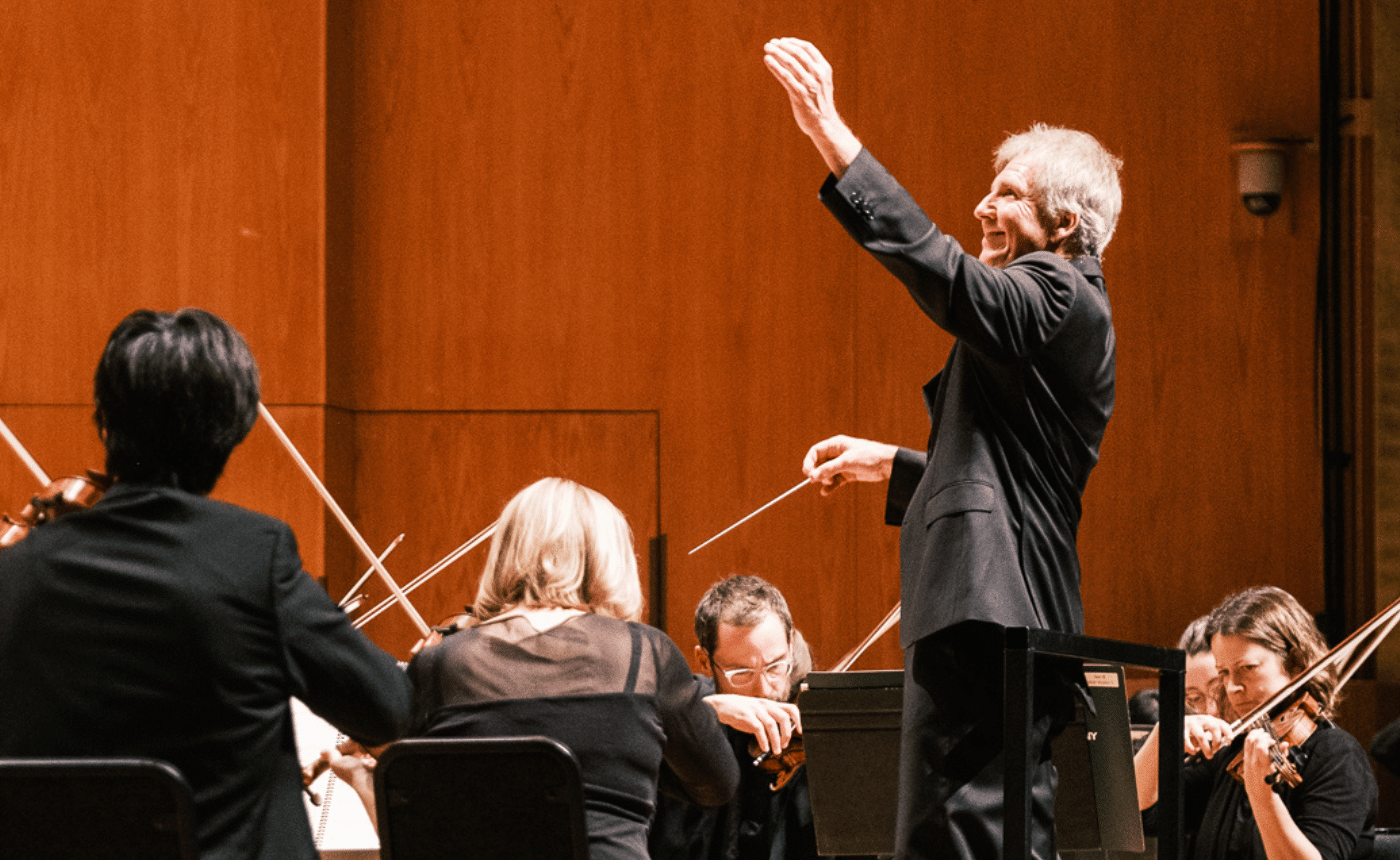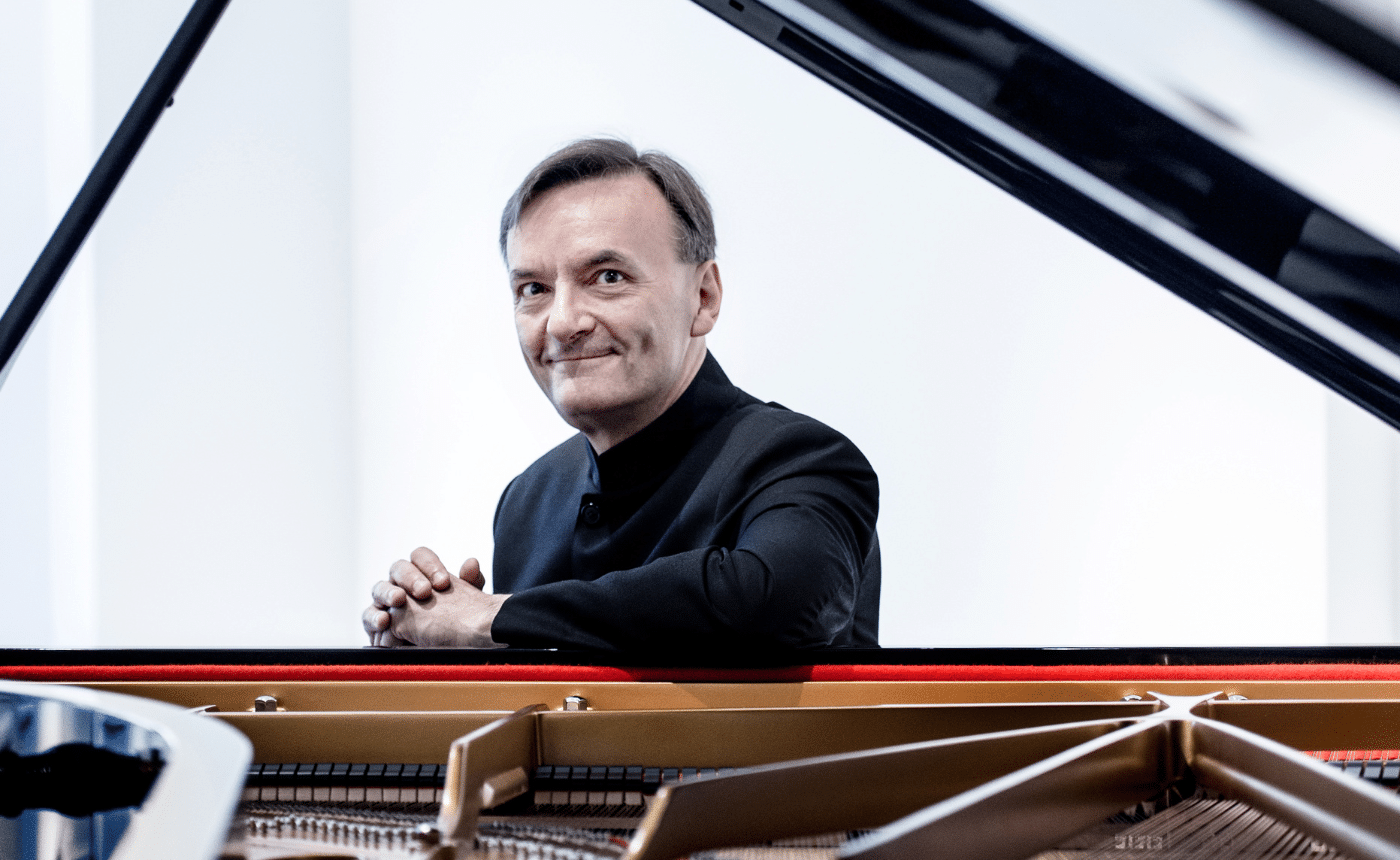MOZART: Piano Concerto No. 12
by Jeff Counts
Duration: 26 minutes in three movements.
THE COMPOSER – WOLFGANG AMADEUS MOZART (1756–1791) – Mozart’s 1781 relocation to Vienna was framed at first by two quarrels, one with the Archbishop Colloredo and another with his father. The Archbishop, after summoning the young composer to the capital, had treated him rather poorly. Mozart was disinclined to tolerate the disrespect. He offered to resign and was given an immediate dismissal in response, which left him at loose ends in the vibrant city. He found fruitful freelance work right away as a virtuoso pianist and just as quickly fell in love with Constanze Weber. It was a matrimonial match his father did not approve of, and Mozart initially lied about his intentions in a letter.

THE HISTORY – Letters. So much of what we know of Mozart’s life and career comes from the many missives he wrote and received, especially those that make up the robust correspondence between he and and his father, Leopold. Finding the insights and the language just too good to paraphrase, annotators and biographers quote them freely and frequently. One such document relates to the composition of the trio of concerti Mozart wrote in 1782 and, like my many learned colleagues, I will include a telling excerpt here in its entirety. “These concertos are a happy medium between too heavy and too light,” he wrote to his father, “They are very brilliant, pleasing to the ear, and natural, without being vapid. There are passages here and there from which connoisseurs alone can derive satisfaction, but these passages are written in such a way that the less learned cannot fail to be pleased, albeit without knowing why.” Casual modern readers of this description likely cannot fail to be offended as well, though they too may not know why. Regardless, Mozart should be forgiven this trespass in light of how difficult Leopold (the only “connoisseur” that truly mattered) was to please. Mozart was in a relatively good place at the time, with his opera Abduction from the Seraglio a big success and his reputation as a pianist of renown growing steadily. Newly married, he self-presented concerts of his own compositions, often in non-traditional locations, which highlighted new concerti and other examples of his keyboard proficiency. The set of concerti from 1782–1783 included No. 12. The work was cast in A Major, a key Mozart often used for statements of uncomplicated lyricism, and its second movement featured a quote from an overture by Johann Christian Bach. J.C. Bach had died less than a year prior and Mozart, a devoted disciple, was moved to pay respectful homage.
THE WORLD – Elsewhere in 1782, British Admiral Sir George Rodney defeated a French fleet in the Battle of the Saintes near Dominica, King Rama I took control of Siam by force, the bald eagle was chosen as America’s national symbol, and Anna Göldi, the “last European witch,” was executed in Switzerland.
THE CONNECTION – Concerto No. 12 has not been performed on a Utah Symphony Masterworks program since 1993. Joseph Silverstein conducted and Derek Han was soloist.












